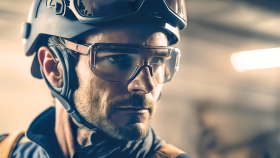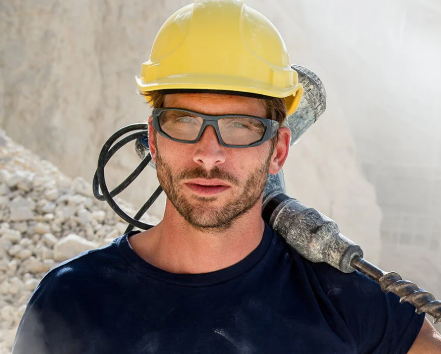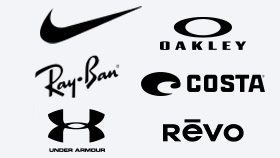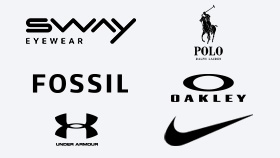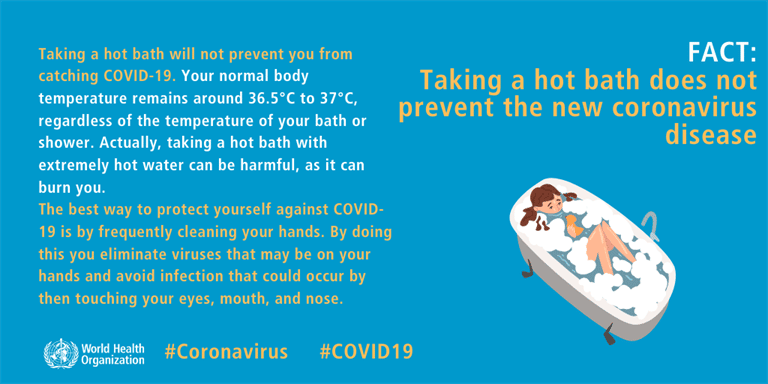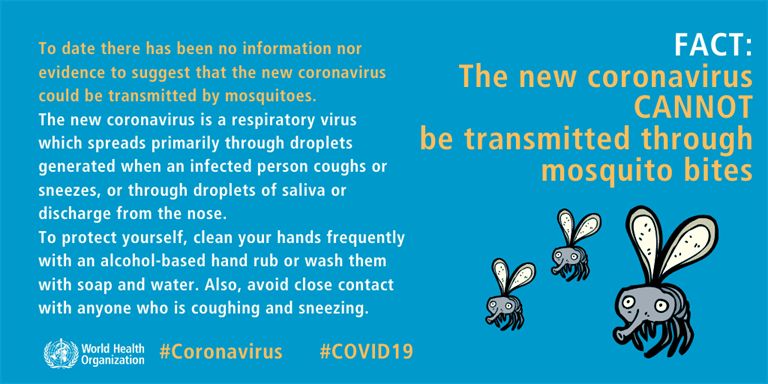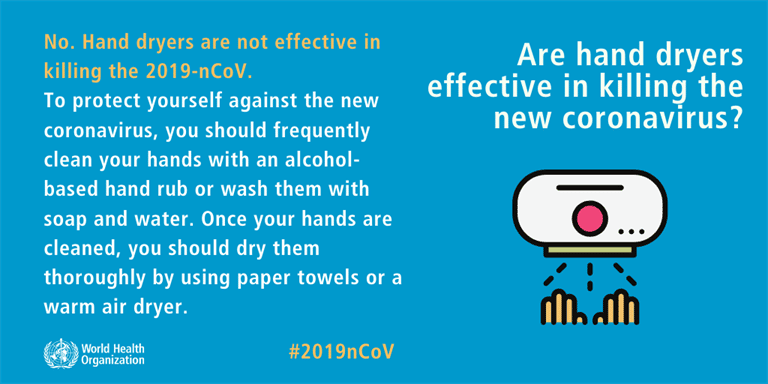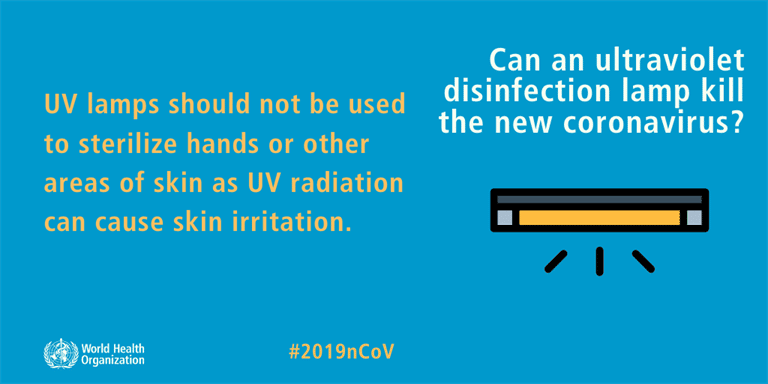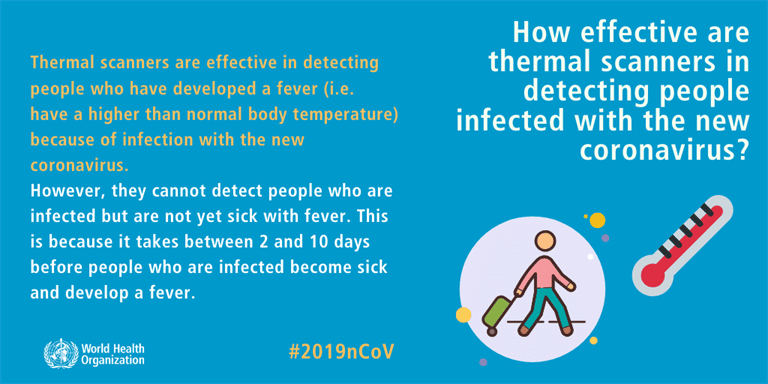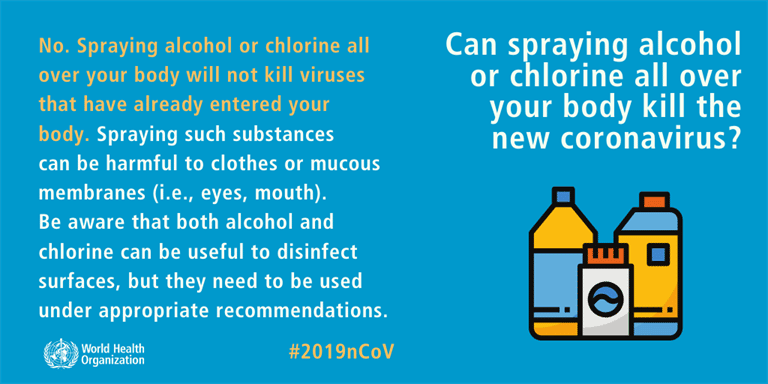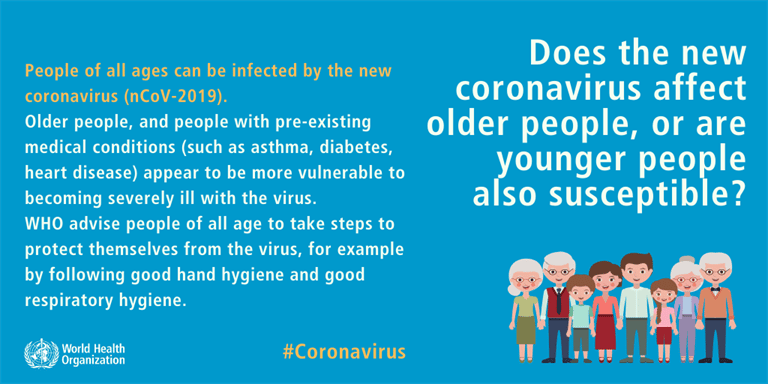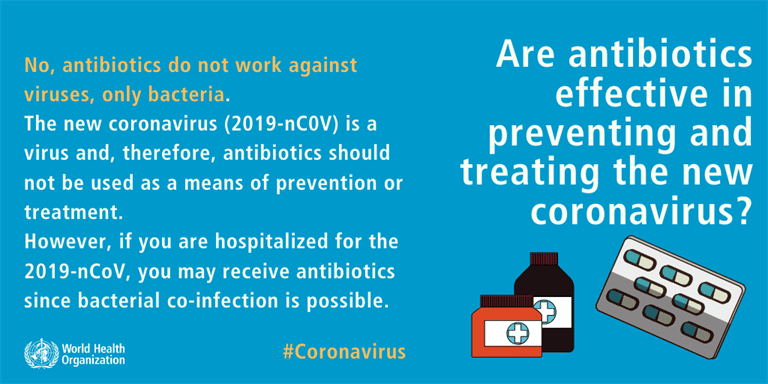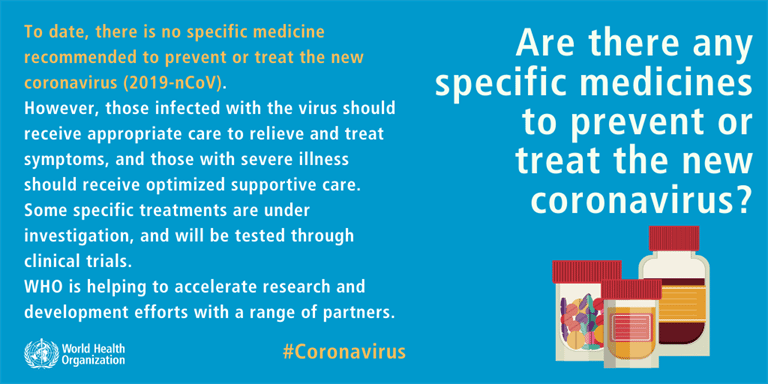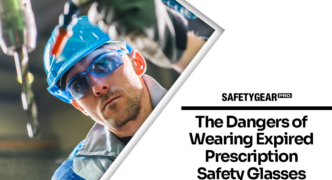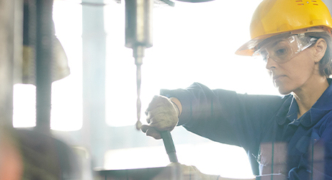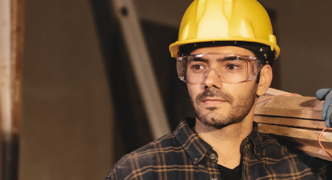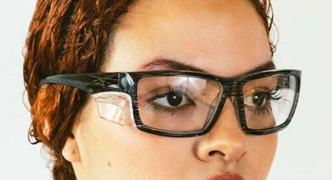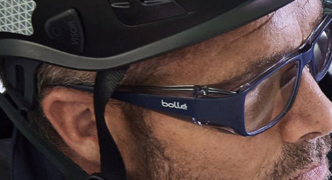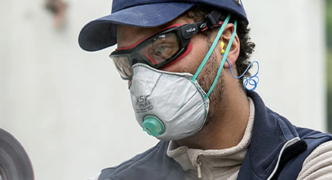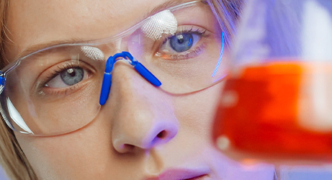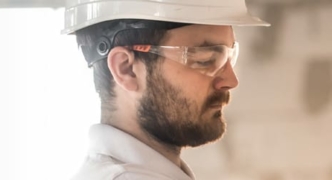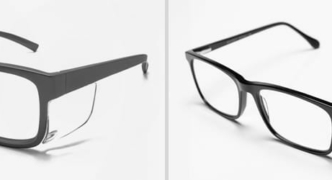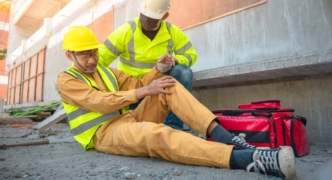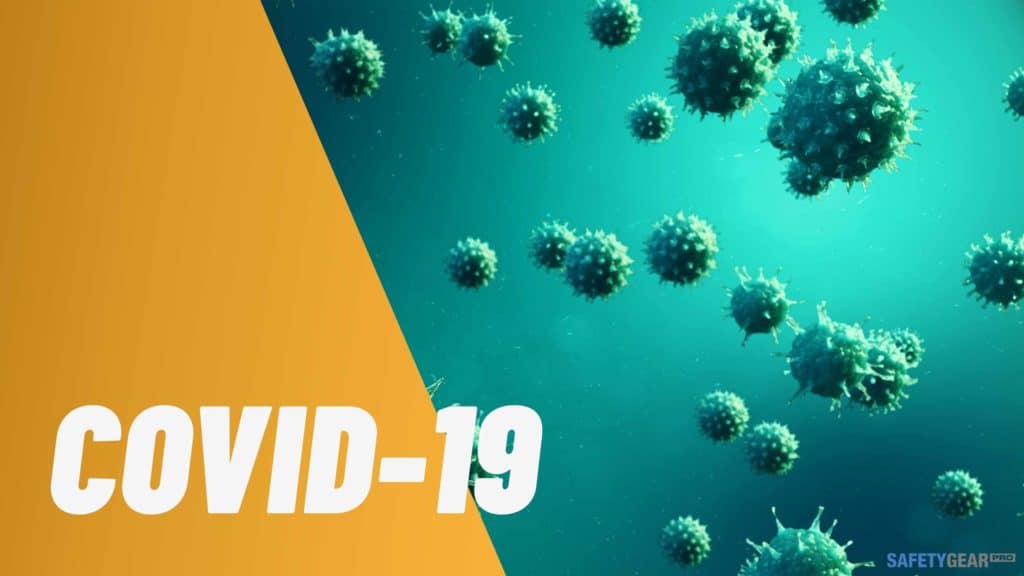
The COVID-19 pandemic has hit the United States. Many people are worried especially those caring for the elderly, those with compromised immune systems, or young children. With good cause. While the information around the web and in the media is often confusing, I think it is because the virus is so new (we first heard about it two months ago) and there are many things we don’t know about it yet. What we do know is that it is similar to other viruses, so we are not starting from scratch. There are several things we can do to prevent the spread of the disease on a personal level.
Hand Washing
Washing your hands frequently is the single best defense against the coronavirus and many other diseases. Washing with soap and warm water for 20 seconds is ideal. Wash often. And repeat.
Cover Your Cough
This basic courtesy is another means of preventing the spread of the virus. This should go without saying, but you should be covering your coughs or sneezes all the time. The place I tell my kids to do it, is into their sleeve or elbow which can wrap around your mouth when you sneeze. Fun fact, air travels about 100 miles an hour when you sneeze and each sneeze can send 100,000 germs into the air.
Hand Sanitizer
Hand sanitizer is another very good option to prevent infection. While not as effective at killing a virus as washing with soap and water, it is often more readily available. You can carry a small bottle of hand sanitizer with you, while lugging soap and water around is not so practical. Use it frequently for the best results. Hand sanitizer has an added benefit – it tends not to cause dry hands as much as frequent washing.
Respirators or Masks
There was a run on respirators early in the outbreak. The problem is that the most popular mask, the N95, which blocks 95% of airborne pathogens, needs to be fit tested by a health or safety professional to be effective. If not fit-tested, then it is not nearly as effective if at all. Masks bought off the shelf are much more effective at stopping the spread of infection if the wearer is the one who is sick as it covers their coughs and sneezes. If you have an N95 mask, make sure to have it fit tested.
Gloves
Disposable nitrile gloves have gotten less attention, but are becoming more popular. Gloves pose a distinct challenge if not used properly. Gloves get infected the same as hands. Disposable gloves are entirely that, disposable. When used in the medical or industrial industries, they are used once for a particular task and then thrown away. They are not worn all day or from job to job. The reason is that pathogens that may be present on the gloves can be spread from contact with the gloves. In order to protect yourself while wearing gloves, make sure to use them once and then toss them out. If you wear them while shopping, make sure to toss them out after shopping. You don’t want to infect your car, home, or face with a dirty glove!
Goggles
There was misinformation shortly after first hearing about the coronavirus that the virus had the tendency to spread through the eye. Safety goggles have since been shown to not be an effective means of preventing infection.
Hazmat Suits
This is extreme. I don’t think anyone really wants to walk around like Dustin Hoffman in Outbreak. I sure hope it does not come to that. Hazmat suits and protective clothing work similar to N95 masks, they must be fit tested and completely sealed to be effective. Hopefully, you’re not one of the unlucky ones that must don a hazmat suit in a coronavirus infected area. But, if you are, God bless you and your work.
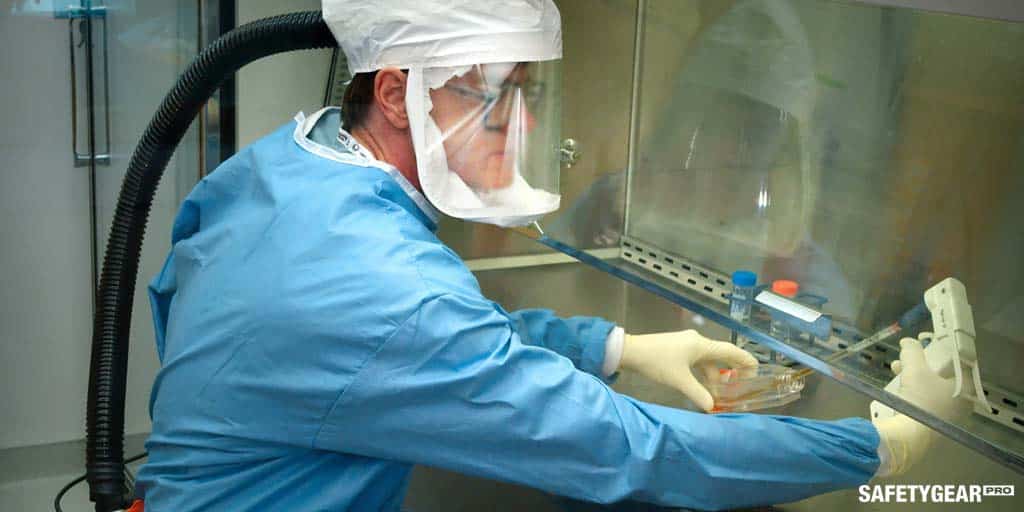
Safety Glasses VS COVID-19
Frequently Asked Questions About the Coronavirus Disease (COVID-19)
How did the coronavirus start?
The Coronavirus (COVID-19) was tracked back to mid-November of 2019 in the Wuhan area of mainland China. It was found to be most prevalent in a meat market where it first spread.
How to prevent coronavirus?
The primary means of stopping the spread of COVID-19 is social distancing, which is limiting your travels and proximity to others. It is spread like other viruses so frequent hand washing, hand sanitizers, and covering coughs and sneezes are other very good ways to prevent infection.
How is coronavirus transmitted?
Coronavirus is spread through the air and it can remain live on surfaces for up to 10 hours or more. If an infected person sneezes or coughs without covering it others can be at risk or if they touch a surface and someone touches it and then touches their face without washing their hands they are at risk
Where is the coronavirus in the us?
As of March 16, the coronavirus has been confirmed in 49 of 50 US States, West Virginia, being the lone state without a confirmed case. Washington currently has the most cases followed closely by New York. North Dakota and Alaska have the fewest confirmed cases.
Why is it called coronavirus?
A coronavirus was first discovered in the 1960s. They are aptly named for the crown-like spikes on their outer surface. Corona comes from the latin word meaning crown.
CDC Videos Related to the Coronavirus
How does COVID-19 Spread?
https://www.youtube.com/watch?v=WfJSVbQtHsk
What can I do to protect myself from COVID-19?
https://www.youtube.com/watch?v=QH5zpa8xbic
Symptoms related to COVID-19
Steps to prevent the Coronavirus
https://www.youtube.com/watch?v=kEhNyxKopsg
For the latest information on COVID-19, please visit: https://www.cdc.gov/coronavirus/2019-ncov/index.html
Coronavirus Mythbusters from the World Health Organization (WHO)
COVID-19 virus can be transmitted in areas with hot and humid climates

Cold weather and snow CANNOT kill the new coronavirus.
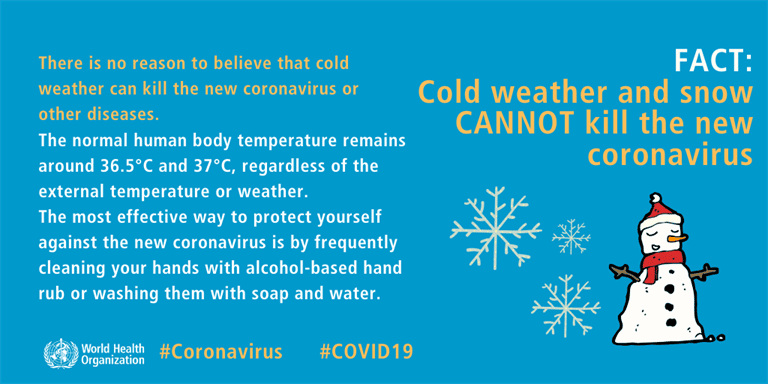
Taking a hot bath does not prevent the new coronavirus disease
The new coronavirus CANNOT be transmitted through mosquito bites.
Are hand dryers effective in killing the new coronavirus?
Can an ultraviolet disinfection lamp kill the new coronavirus?
How effective are thermal scanners in detecting people infected with the new coronavirus?
Can spraying alcohol or chlorine all over your body kill the new coronavirus?
Do vaccines against pneumonia protect you against the new coronavirus?
Can regularly rinsing your nose with saline help prevent infection with the new coronavirus?
Can eating garlic help prevent infection with the new coronavirus?
Does the new coronavirus affect older people, or are younger people also susceptible?
Are antibiotics effective in preventing and treating the new coronavirus?
Are there any specific medicines to prevent or treat the new coronavirus?
For more information on the Coronavisue Disease from WHO, please visit: https://www.who.int/emergencies/diseases/novel-coronavirus-2019
